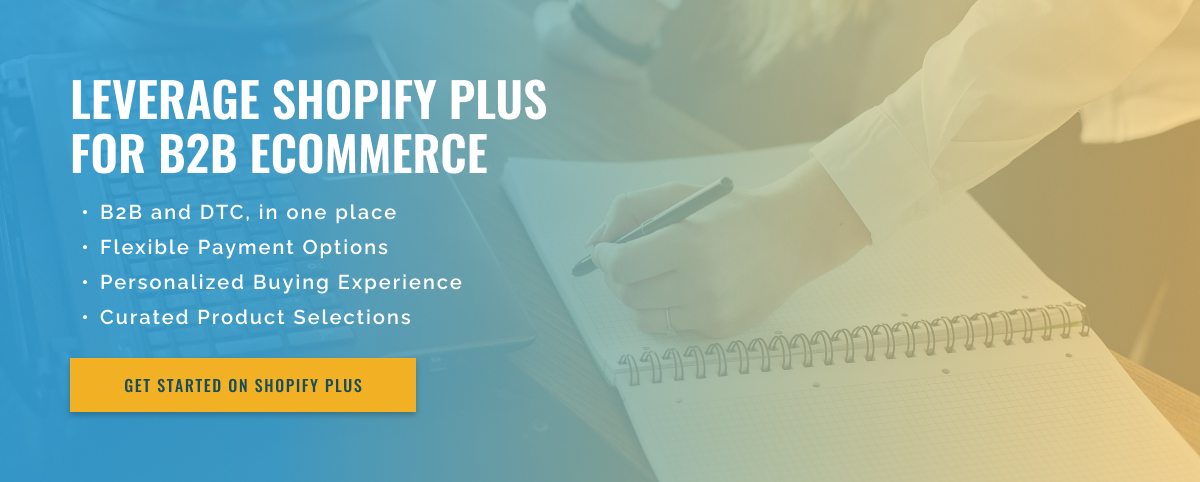3 minute read
B2B Purchasing: A Look Into Shopify’s Platform Architecture
Shopify is a leading eCommerce platform that has become extremely popular among small and medium-sized businesses as well as large enterprises. While the platform is best known for its ease of use and intuitive interface, it also offers a number of advanced features designed specifically for B2B companies. In this blog post, we explore how the Shopify platform architecture addresses the specific needs and complexities of B2B purchasing processes.
First of all, the architecture of the Shopify platform is very flexible and customizable. This means that companies can easily adapt the platform to their specific B2B requirements. For example, they can create custom price lists and discounts for different customers, set up multiple sales channels, and manage complex order fulfillment processes. This level of customization is essential for B2B companies because they often have unique pricing structures, product catalogs, and order fulfillment processes.
Additionally, Shopify’s platform architecture provides robust inventory and order management capabilities. B2B companies often have to deal with large orders and complex inventory management. The Shopify platform can handle large volumes of SKUs and allows businesses to manage inventory levels in real-time. Thanks to this, companies can fulfill orders accurately and efficiently, which is crucial for maintaining positive relationships with B2B customers.
Moreover, the Shopify platform architecture also supports multi-currency and multi-language features. This feature is especially beneficial for B2B companies that operate globally. This functionality allows businesses to display prices, product information, and the checkout process in different currencies and languages, making it easier for international customers to transact with them.
Another important aspect of B2B purchasing processes is the ability to create and manage multiple user accounts. Shopify allows businesses to set up user accounts for B2B customers and customize their access levels and permissions. This is very useful for businesses to manage different levels of discounts, credit limits, and payment terms for their customers.
Finally, the Shopify platform architecture is integrated with a wide range of third-party apps and extensions. These applications offer additional features and functionalities designed specifically for B2B companies, such as advanced payment options, quotes and proposals, and custom order forms.
In summary, the Shopify platform architecture addresses the specific needs and complexities of B2B purchasing processes by offering a highly customizable, scalable, and integrated solution. With advanced features and capabilities, companies can streamline their B2B operations, increase efficiency and provide their customers with a seamless shopping experience.

